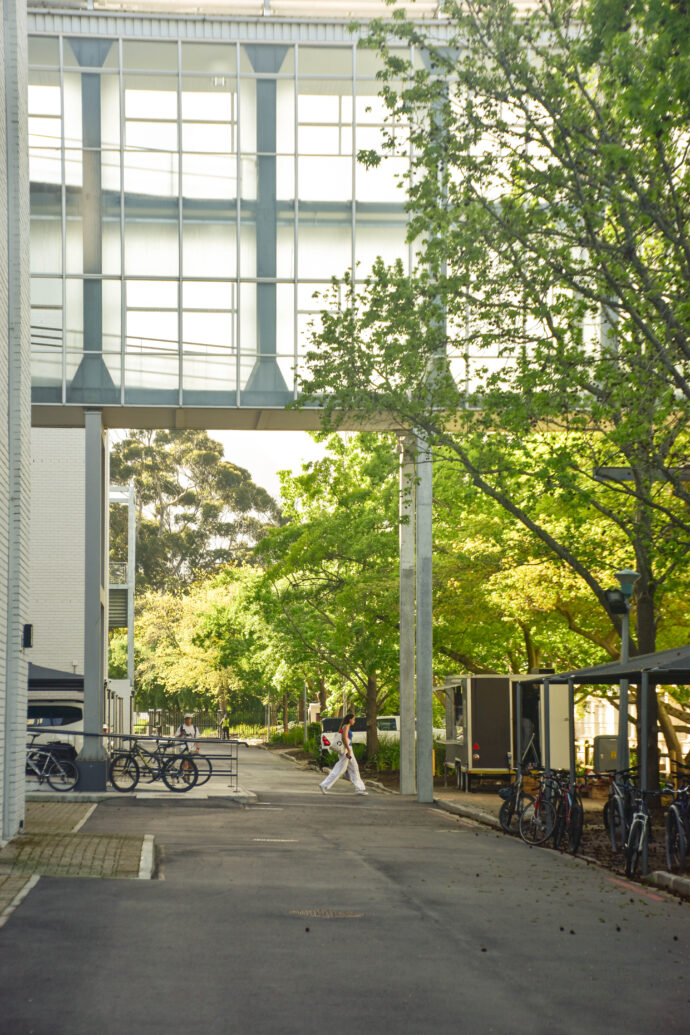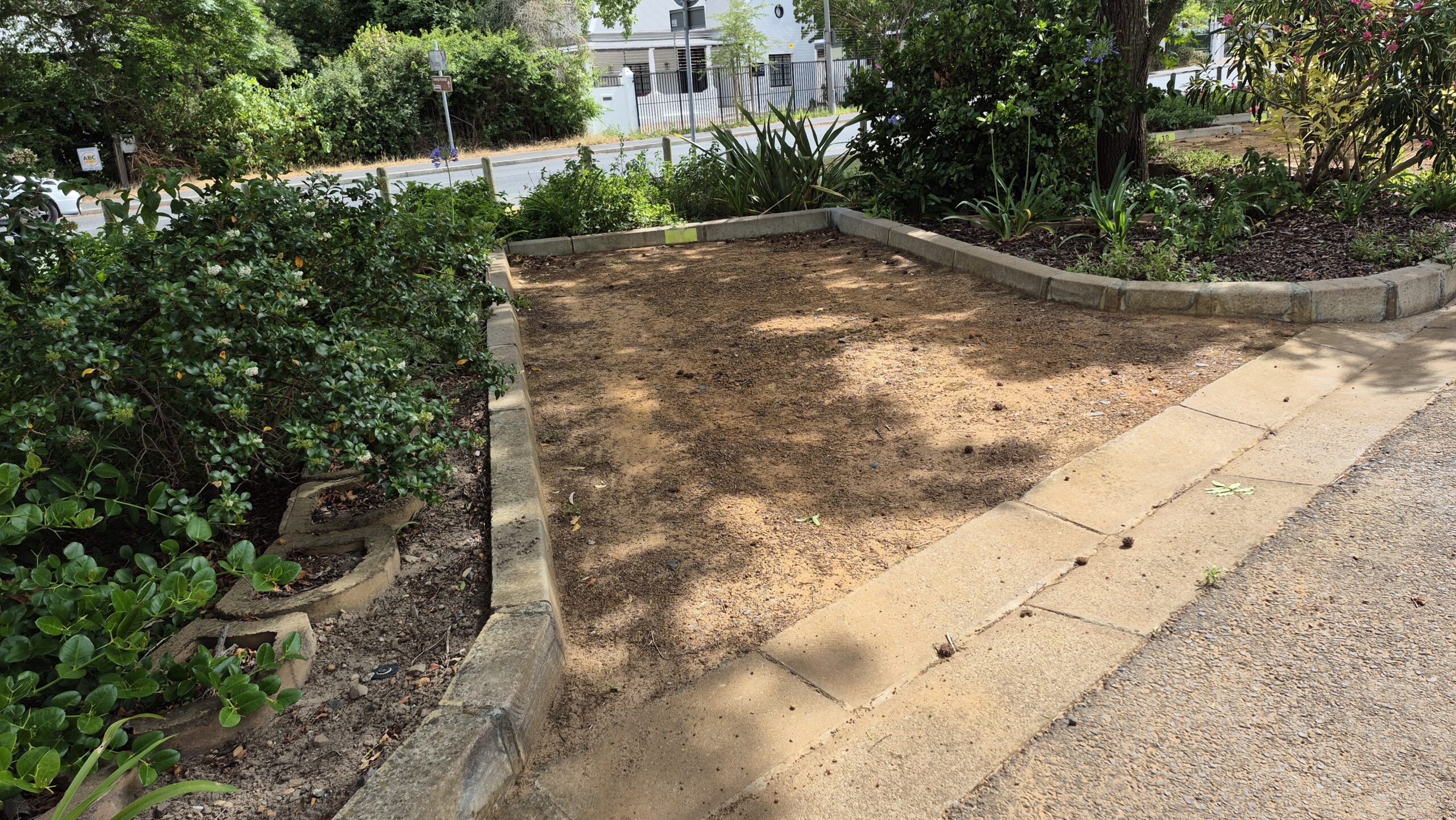
By Agnes Homwe
At Stellenbosch University’s Faculty of Engineering, innovation in teaching and learning is not merely encouraged; it is actively lived. This commitment recently earned the faculty the prestigious National University Teaching Award (NUTA 2025 Team Teaching Award), recognising its profound shift toward innovative and holistic education.
The REEP initiative is a dynamic, institutional-level forum dedicated to transforming student success. It brings together new and experienced lecturers monthly to collaboratively experiment, reflect, and co-create teaching strategies. Teaching and Learning Advisor Professor Karin Wolff, who helped establish the initiative, emphasises that the key to this success is cross-pollination, ensuring “different perspectives coming together to create solutions greater than what any one of us could produce.”
The team’s success is founded on Wolff’s Cognitive-Affective-Systemic (CAS) model. This holistic philosophy ensures that engineering education at Stellenbosch is balanced, addressing the head (cognitive rigour), the heart (affective support and a sense of belonging), and the hand (systemic, practical grounding).
Within this framework, REEP has created vital resources such as mathematics practice videos that link theory directly to engineering applications, as well as diagnostic quizzes and toolkits that support academic success through study strategies, time management, and mental health support.
This award recognises the dedication of the entire REEP team, including core members like Prof. Deborah Blaine, Prof. Robert Pott, Prof. Wibke de Villiers, Prof. Sonia Fidder, Dr Melody Neaves, Dr Margreth Tadie, Dr Maret Cloete, and Dr Francois Koch van Niekerk. This group actively models innovative pedagogy, with their willingness to share practices ensuring new lecturers are effectively supported. The institutional commitment, credited to leadership figures like Vice-Deans Professors Anton Basson and Celeste Viljoen, and the meticulous coordination of Mechatronics Technologist Lauren van Breda, who, in Wolff’s words, “removes the administrative burden so staff can focus on teaching and experimenting.”
For students, the impact is clear. Marcel Lusheshe, a postgraduate student in transportation engineering and a teaching assistant, praised his lecturers’ dedication as “they don’t just give students theory; they show how it applies in industry and in life. That gives meaning to the lessons.” He also noted that their effort often goes beyond expectations.
Lusheshe concluded that great teaching “empowers, inspires, and even encourages others to teach.” His observation echoes Wolff’s belief, as she says, “When educators feel supported, they pass that on to their learners. And when students see that what they’re learning matters in the real world, they find meaning.”
Reflecting on the award, Wolff is “deeply thankful to the faculty for their trust and support. This recognition celebrates not just individual effort but our collective commitment to students and to making engineering education meaningful and engaging.”
In a faculty defined by technical excellence, Prof. Karin Wolff and the REEP team are a reminder that the most crucial equation in engineering is, indeed, the human one.



